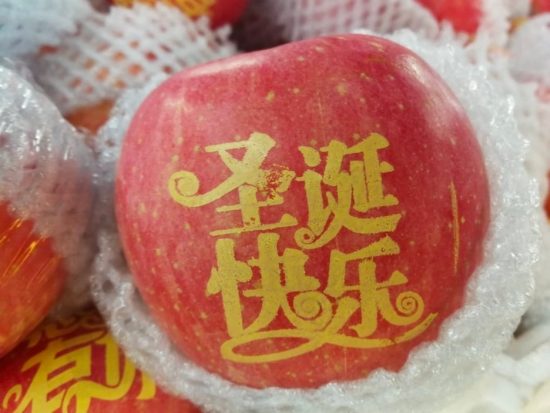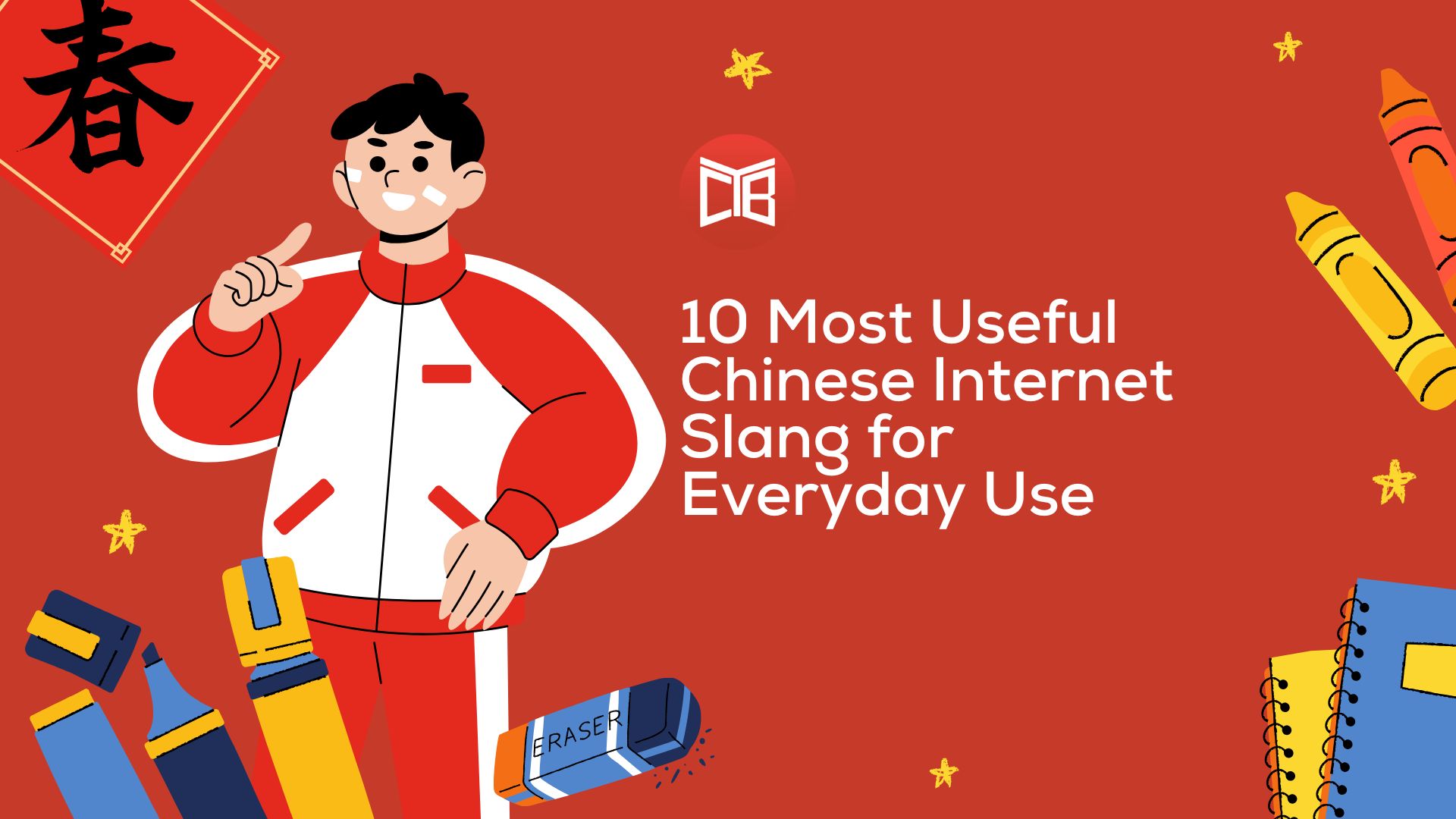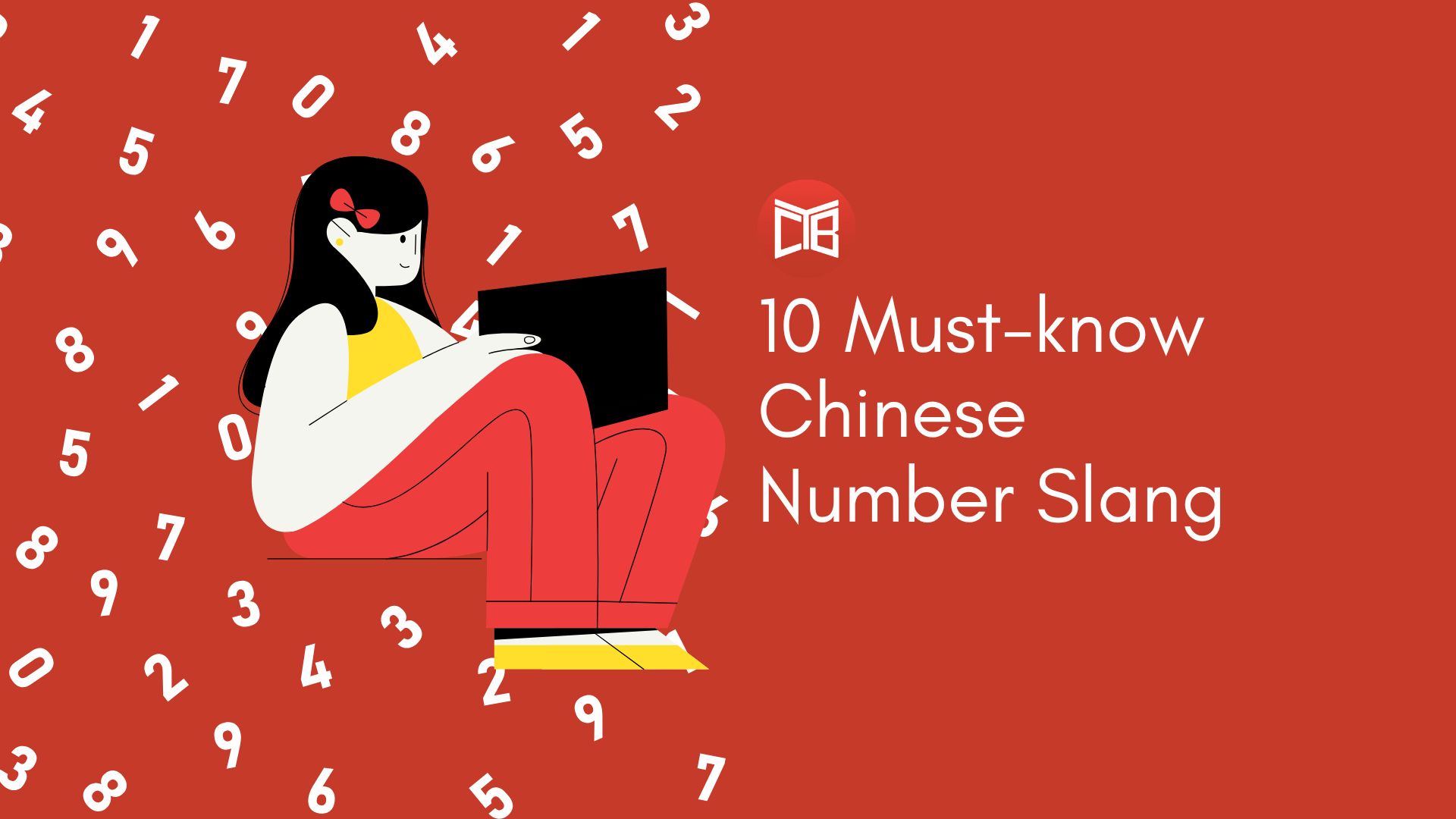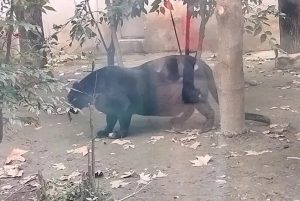
Yes, Christmas is celebrated in China. While it’s not an official public holiday in China, Christmas has become widely known and embraced, particularly among young Chinese people. The popularity of Christmas in China grew in the 20th century due to the influence of globalization and the increasing exposure to Western cultures.
In this blog post, we will dive into the intriguing world of Christmas in China, exploring its cultural significance, traditions, and how it intertwines with other Chinese festivals and customs.
A Festive Fusion of Cultures
In China, Christmas is celebrated with enthusiasm and excitement, even though it holds no official status as a public holiday. Over the years, the Christmas spirit has grown to encompass a delightful blend of Western traditions and Chinese customs, making it a unique and vibrant celebration.
The Evolution of Christmas in China
The introduction of Christmas to China can be traced back to the 19th and early 20th centuries, during the era of foreign concessions and missionary activities. Initially, Christmas was mostly observed by foreigners and Christian communities in China. However, with the opening up of the country in the late 20th century and the growth of international trade and cultural exchanges, Christmas began to garner attention and popularity among Chinese citizens as well.
As China continues to open its doors to the world, Christmas has become a cultural bridge, fostering mutual understanding and appreciation between the East and the West. The holiday has evolved into an occasion for people of all backgrounds to come together, celebrate, and exchange the joys of the season.
Christmas as a Western Chinese New Year
One way to comprehend the significance of Christmas in China is to consider it as the Western counterpart to the Chinese New Year, also known as GuoNian. Just like the Chinese New Year, which marks a time of family reunions and vacation, Christmas in China fosters a similar spirit of togetherness and sharing. During the Christmas season, many people take time off work or school to travel and spend quality time with their loved ones, exchanging gifts and creating cherished memories together.
The festive season also presents a valuable opportunity for cultural exchange and international understanding. With China being an increasingly popular destination for travelers from all over the world, the Christmas celebrations in the country have become an inclusive and diverse affair, reflecting the rich tapestry of global cultures converging in one place.
Christmas and Romance in China
Some individuals compare Christmas in China to Chinese Valentine’s Day, which falls on May 20th and is often referred to as “520” (WuErLing), a pronunciation similar to “I love you” in Chinese. Another significant romantic occasion is QiXi (When Is Chinese Valentine’s Day and How Is It Celebrated?), the seventh day of the seventh lunar month, celebrated as the Chinese Valentine’s Day. Additionally, Valentine’s Day on February 14th is widely recognized and celebrated by young couples in China.
During the Christmas season, couples often take the opportunity to express their love and affection for each other through gift-giving and romantic gestures. Romantic dates, candlelit dinners, and heartfelt exchanges of presents are common ways in which couples celebrate their love during this festive time.
Moreover, the celebration of Christmas has also influenced traditional Chinese wedding customs. Some couples choose to have Christmas-themed weddings, incorporating Western elements like white wedding dresses and exchanging vows on December 25th, adding a touch of international flair to their special day.
Unusual Gifts: Apples for PingAnYe
Intriguingly, exchanging apples as gifts during Christmas in China has become a popular tradition. The custom is rooted in the Chinese language and wordplay. In Chinese, the word for “apple” is “PingGuo,” which sounds similar to the phrase “PingAnYe,” meaning “peaceful night.” As Christmas Eve is known as “PingAnYe” in China, gifting apples symbolizes sending good wishes for a peaceful and harmonious night.

Moreover, the giving of apples also aligns with the idea of sharing blessings and good fortune during the festive season. The red color of apples symbolizes prosperity and happiness, adding to the joyous atmosphere of Christmas in China.
In addition to apples, people in China also exchange other thoughtful gifts during Christmas, including chocolates, candies, and small trinkets. The act of giving gifts fosters a sense of warmth and generosity, embodying the true spirit of the holiday season.
Santa Claus: Not Just at the North Pole
During the Christmas season in China, it is common to find Santa Claus making appearances in various places. Apart from the conventional shopping malls and department stores, Santa Claus can be spotted in restaurants, schools, and entertainment venues, adding a touch of festive cheer to people’s dining and leisure experiences.
Children, in particular, are delighted by the presence of Santa Claus, eagerly waiting to share their Christmas wishes and receive small gifts or candies from him. Many Chinese families take their children to see Santa Claus during the holiday season, creating magical moments that bring joy and wonder to the little ones.
Foreigners Embracing Chinese Christmas
While Christmas is deeply rooted in Western traditions, the holiday has been embraced by the expat community in China as well. Foreigners living in China often organize their celebrations, blending Western customs with Chinese elements. This fusion of cultures creates a unique and harmonious Christmas experience.
In major cities like Beijing, Shanghai, and Guangzhou, expatriate communities host various Christmas events and gatherings. These may include Christmas markets, charity fundraisers, and themed parties that bring together people from diverse backgrounds to celebrate the festive season in their own special way.
Chinese Jingle Bells: A Multilingual Celebration
The cheerful tune of “Jingle Bells” resonates worldwide during the holiday season. In China, this popular Christmas carol takes on a multilingual charm. Many Chinese people, especially students learning English, eagerly sing “Jingle Bells” in both English and Chinese. Here’s how it sounds in Chinese:
DingDingDang:
铃儿响叮当 (JINGLE BELLS CHINESE VERSION)
This festive multilingual rendition showcases the willingness of the Chinese people to embrace and participate in global holiday traditions, fostering a sense of unity and connection with the rest of the world and the excitement for the festivities during Christmastime.
A Frozen Wonderland: Harbin Ice Festival
As Christmas coincides with the winter season, the renowned Harbin Ice Festival in northeastern China presents a captivating sight. Every year, from late December to early January, Harbin transforms into a winter wonderland with incredible ice sculptures, ice lanterns, and a variety of winter-themed activities. The Ice Festival is a favorite destination for both Chinese and international tourists seeking a magical winter experience during the Christmas season.

The festival’s grandeur and artistry attract millions of visitors, who marvel at the skill and creativity of the ice sculptors. The event also serves as a platform for cultural exchange, as artists from different countries come together to showcase their talent and contribute to the festival’s international appeal.
Christmas Markets and Decorations
In recent years, Christmas markets have become increasingly popular in major Chinese cities. Inspired by European traditions, these markets offer a wide array of festive goods, including Christmas decorations, crafts, food, and gifts. Visitors can explore the market stalls, enjoy seasonal treats, and purchase unique gifts for loved ones.
Chinese cities, especially in urban centers, are adorned with vibrant Christmas decorations during the holiday season. Streets, shopping districts, and public spaces are embellished with colorful lights, sparkling ornaments, and festive displays, creating a captivating ambiance that radiates the Christmas spirit.
Embracing the Spirit of Giving
While Christmas has commercial aspects, there is also a growing emphasis on the spirit of giving and philanthropy during the holiday season in China. Many organizations and charitable groups conduct fundraising activities and outreach programs to support underprivileged communities and individuals in need. This reflects the evolving values and the desire of the Chinese society to foster compassion and social responsibility during Christmas.
Preserving Chinese Traditions
Despite the increasing popularity of Christmas in China, the country’s rich cultural heritage remains intact. The Chinese New Year, the traditional Lantern Festival, and other cultural celebrations continue to hold a special place in the hearts of the Chinese people. Christmas is seen as an opportunity to embrace global diversity and to share the beauty of Chinese culture with the world.
As China continues to evolve in a globalized world, the celebration of Christmas in the country highlights the spirit of unity, joy, and togetherness that resonates across cultures and nations, making it a truly remarkable and heartwarming experience for all. Whether you are a local or a foreigner, celebrating Christmas in China is sure to leave lasting memories and a sense of interconnectedness with people from around the world.
Conclusion
In conclusion, Christmas in China is a beautiful combination of Western traditions and Chinese customs. While not a public holiday, it has captured the hearts of many young Chinese who embrace the festive spirit with open arms. The unique blend of Western elements like Santa Claus with Chinese traditions like gifting apples and family reunions has given rise to a distinct and vibrant Christmas celebration.
As China continues to open its doors to the world, the celebration of Christmas showcases the power of cultural exchange and the ability of traditions to transcend geographical boundaries. The holiday has become a cultural bridge, fostering mutual understanding and appreciation between the East and the West. Whether you are in the bustling metropolises of Beijing or Shanghai or in a quaint village in rural China, the joyous celebrations and warm-hearted gestures of Christmas in China will leave you with cherished memories and a sense of belonging to a global community united in the spirit of love and happiness.
So, if you ever find yourself in China during Christmas, immerse yourself in the joyous atmosphere, savor some PingGuo, and enjoy the delightful fusion of cultures during this special time of the year. Embrace the spirit of giving, cherish your loved ones, and experience the magic of Christmas in China, where the East meets the West in a symphony of celebration and harmony.
Author:
Evan Hacker is an American who immersed himself in Shaoxing, China for eight transformative years. A university English educator and dedicated Mandarin Chinese learner, he blends his roles as a futurist, linguist, entrepreneur and software engineer. With a deep love for Chinese culture, history, cuisine, and tea, Evan’s mastery of Mandarin amplifies his global connections.























